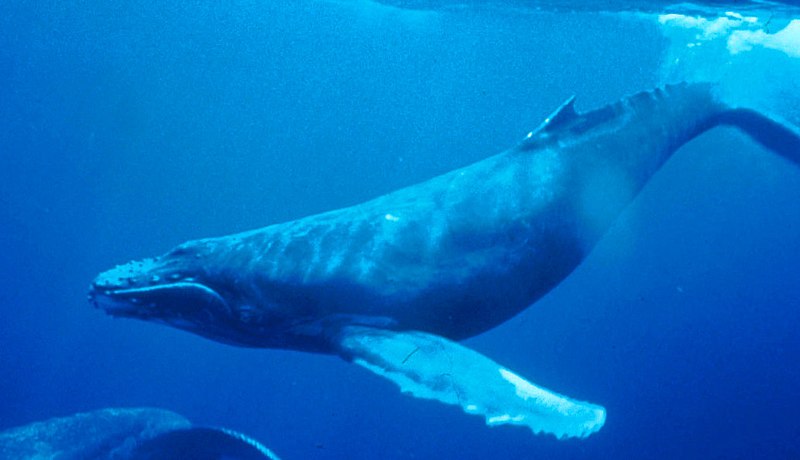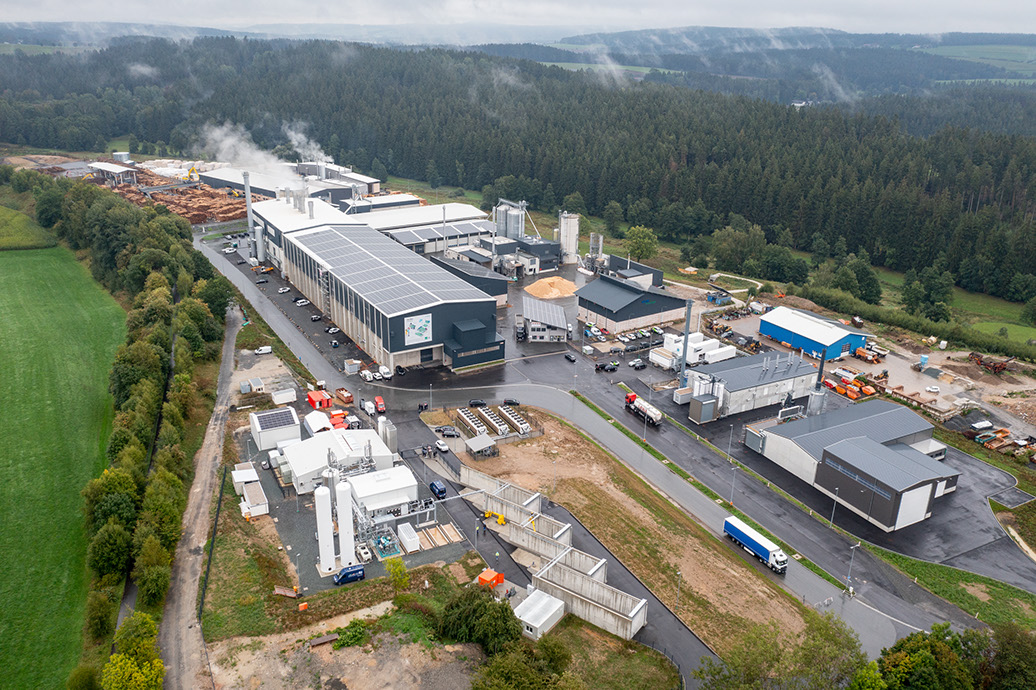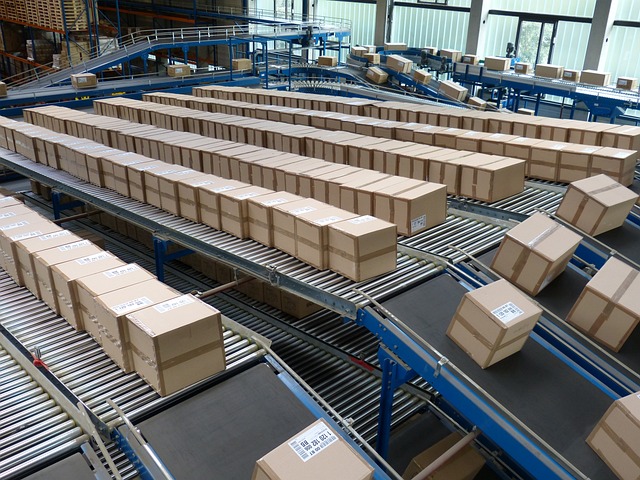The seafloor contains deposits of minerals such as copper, zinc, nickel, gold, silver, and phosphorus. Scientists are considering extracting minerals from sediments and structures across the deep sea. However, new research suggests that noise-pollution from proposed deep-sea mining could expand through the ocean for hundreds of kilometers.
Researchers from the University of Hawaii, Oceans Initiative, Curtin University, and the National Institute of Advanced Industrial Science and Technology found that noise from such activity could radiate through the ocean, creating a “cylinder of sound” from the surface to the sea bed.
Affect on oceanic creatures
The largest habitat on the planet is the marine habitat. Many of these organisms probably use sound to navigate, communicate, locate food, and detect predators and other dangers. Researchers calculated that noise from a single mine could travel around 500 kilometers (roughly 311 miles) in gentle weather conditions. However, when multiple mines will operate, there could also be cumulative impacts.
Presently, about seventeen companies are exploring the possibility of mining in the Clarion-Clipperton Zone (CCZ). CCZ is an area spanning 4.5m sq km between Mexico and Hawaii. According to the researchers’ estimate, if each company got a chance to launch just one mine, an area of 5.5 million square kilometers (2.1 million square miles) would have elevated noise levels. Researchers fear that underwater noise could “disrupt ecosystems”
Travis Washburn, a study author, said, “The deep-sea houses potentially millions of species that have yet to be identified and processes there allow life on Earth to exist,”
“With careful study and management, we have a unique opportunity to understand and mitigate human impacts to the environment before they occur.”
The study was published in the journal Science.







